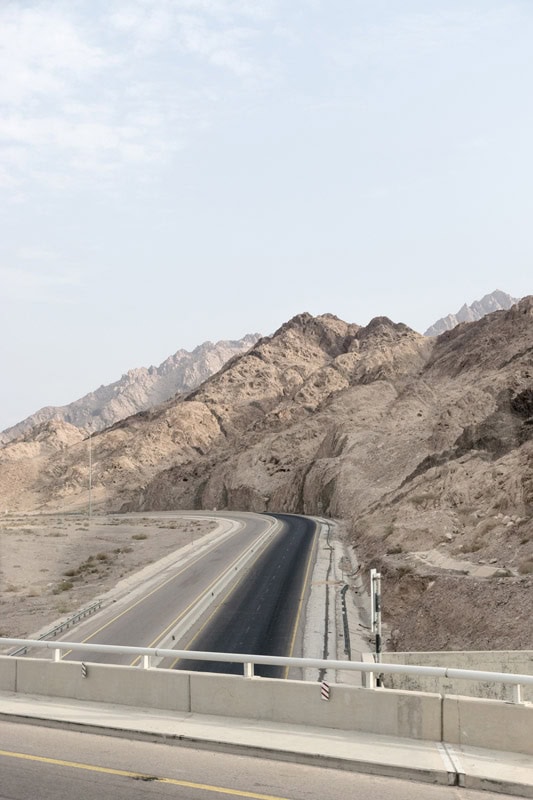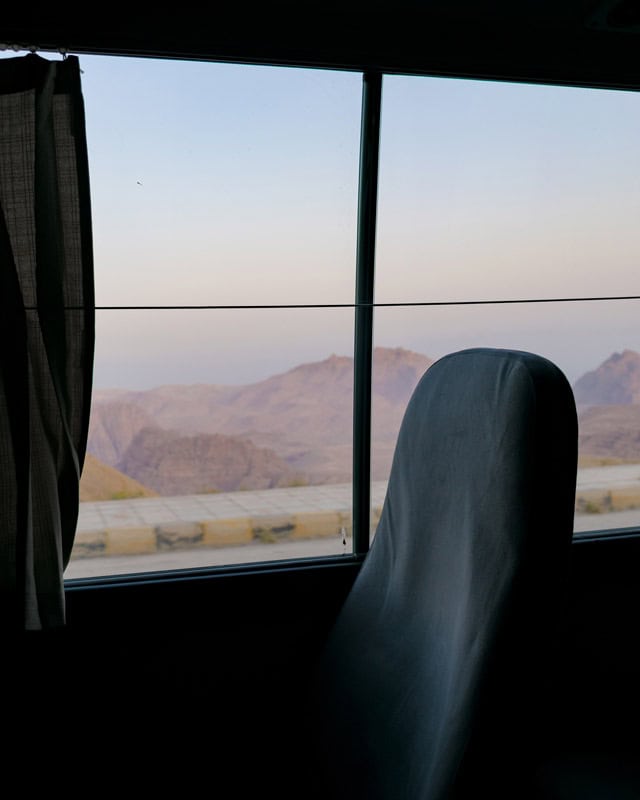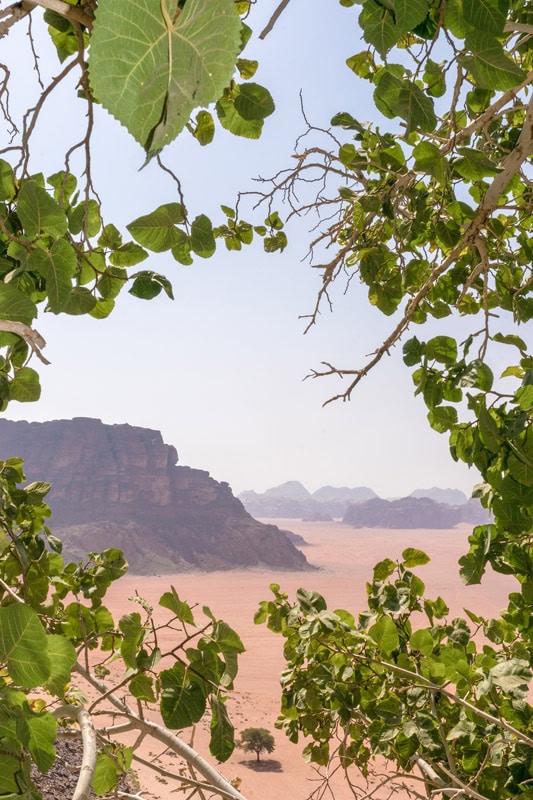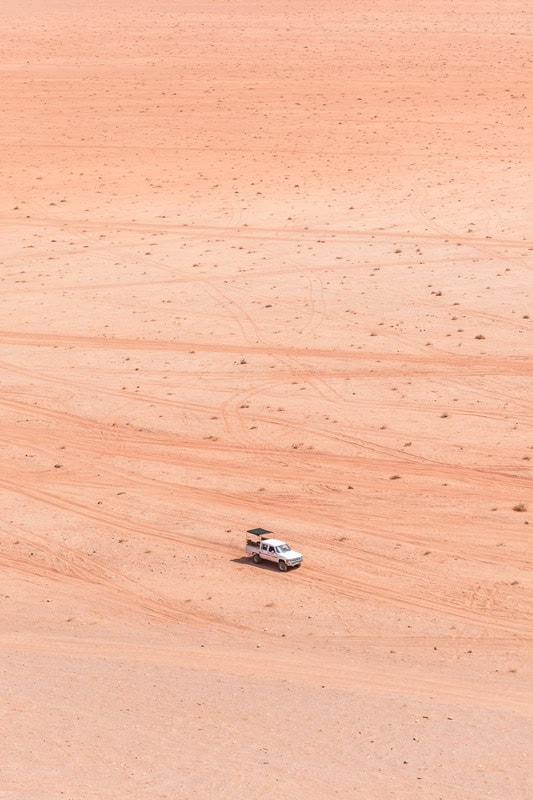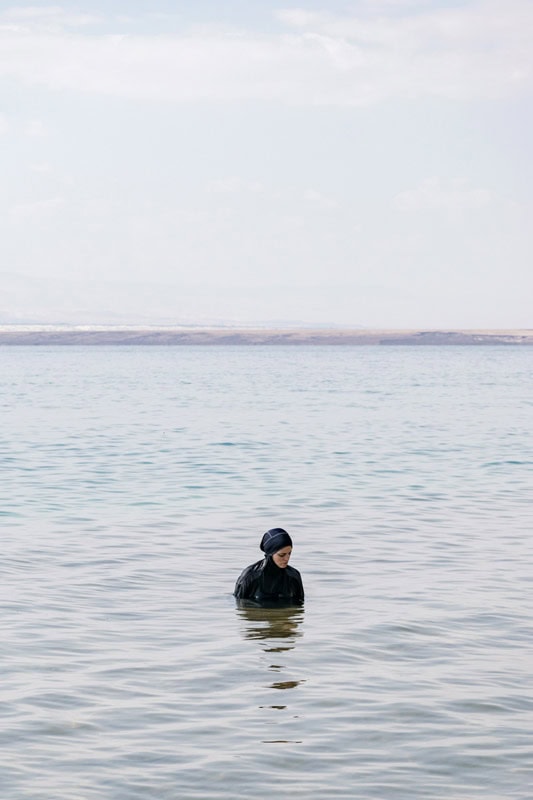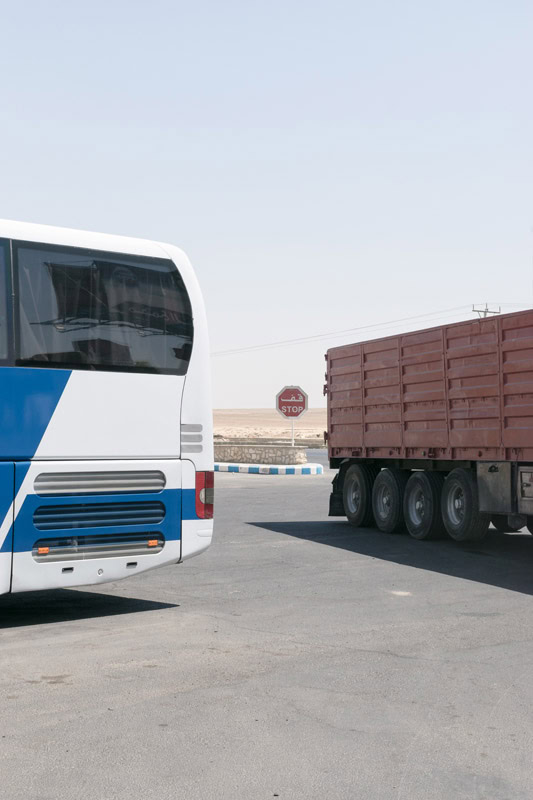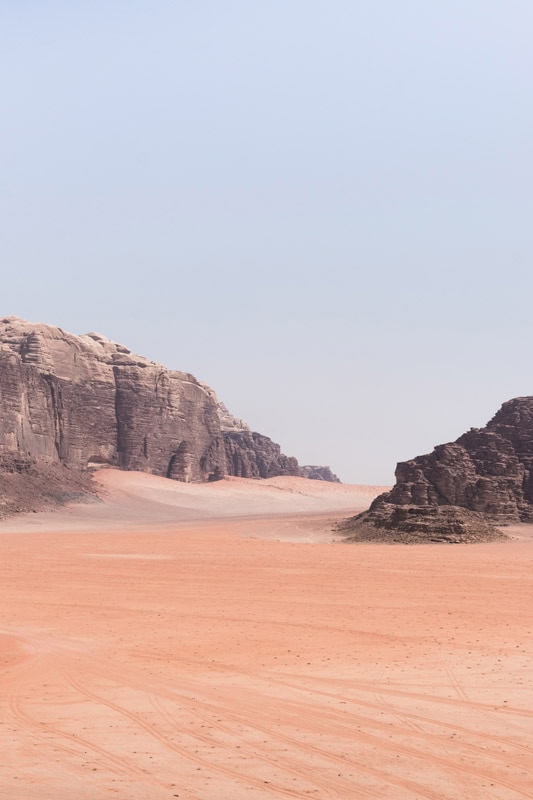Denis Liang was born in Portugal from a family of Chinese immigrants. Starting to draw since his childhood, Liang has experience in many disciplines in the visual arts. Through his studies in Architecture, Liang developed an eye for the vernacular architecture and design, mixed with traces of everyday life. This mixture, allow him to paint compositions of a slightly unreal world.
However, his interest in photography is a relatively recent discovery. Indeed, he never really paid attention to it until the day when he found himself in a student dorm in Shanghai, constantly borrowing his roommates’ camera. Even if is passion was born through the contact with a foreign culture, it developed further once he found himself in his comfort places having a completely different vision.
His gaze to the surrounding is objective and sober and he uses to create minimal compositions that give a specific meaning to each element of the scene. By doing so, he creates a suspended atmosphere with many subtle but various layers of poetical interpretation.
About ‘No Scale’ – words by Denis Liang:
When referring to the concept of scale in Architecture, one addresses dimensions of space. To feel comfortable, a room, a building, or even city should follow the scale of our being. Also looking at smaller things, objects we use everyday are designed for our comfort and ease. Scale is at the center of all our man-made surroundings.
People come to realize that the world they live in, day to day, is simultaneously tailored to them and serves as a confinement. Whatever violates this sense of scale brings us out of this perspective where we play the main character in this world. When we leave from our cloud into nature, we may feel that “feeling” when you see a mountain or a valley, the connecting with nature and the feeling of being a small part of a bigger picture.
This series of photos features the arid landscape of the Hashemite Kingdom of Jordan. From the vast deserts where you can lose yourself into the horizon, to the colossal naked-appearing mountains, the landscape abstracts easily into that of an alien (planet/world). As a matter of fact, the desert of Wadi Rum is well-known as a background for many movies whose plot unravels in other worlds.
Through finding mundane subjects, my initial attempt was to use these to scale against the deserted views. Yet when I look at the pictures again, I still find myself lost. This time, the meaning of these subjects is not to make the world more relatable and comforting to us, but to show how small we are in this world.

